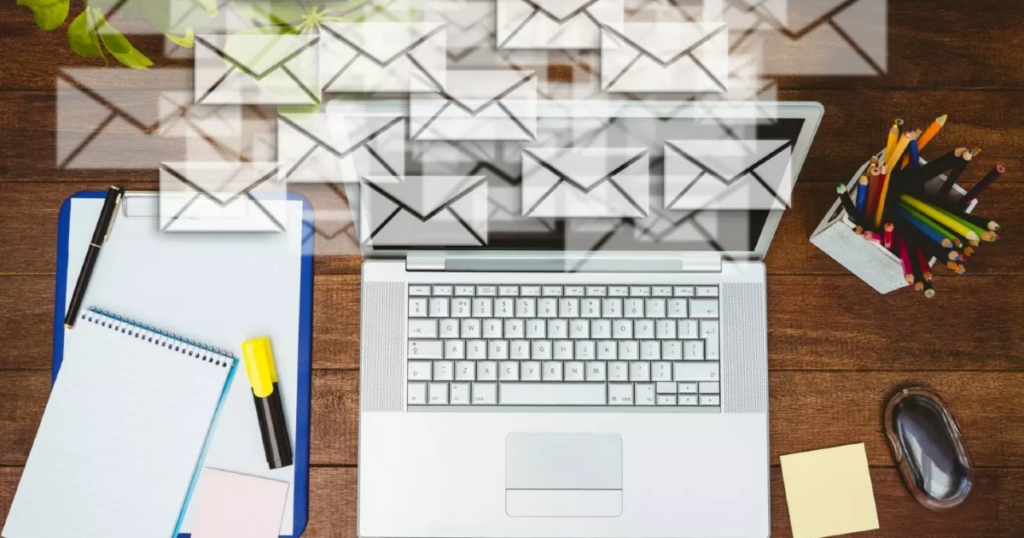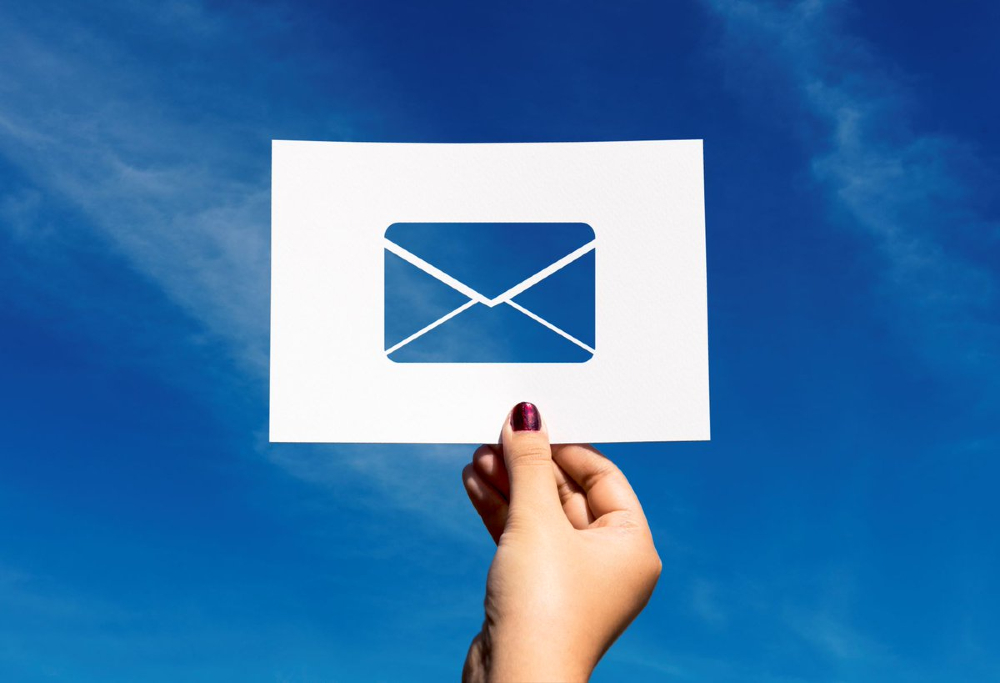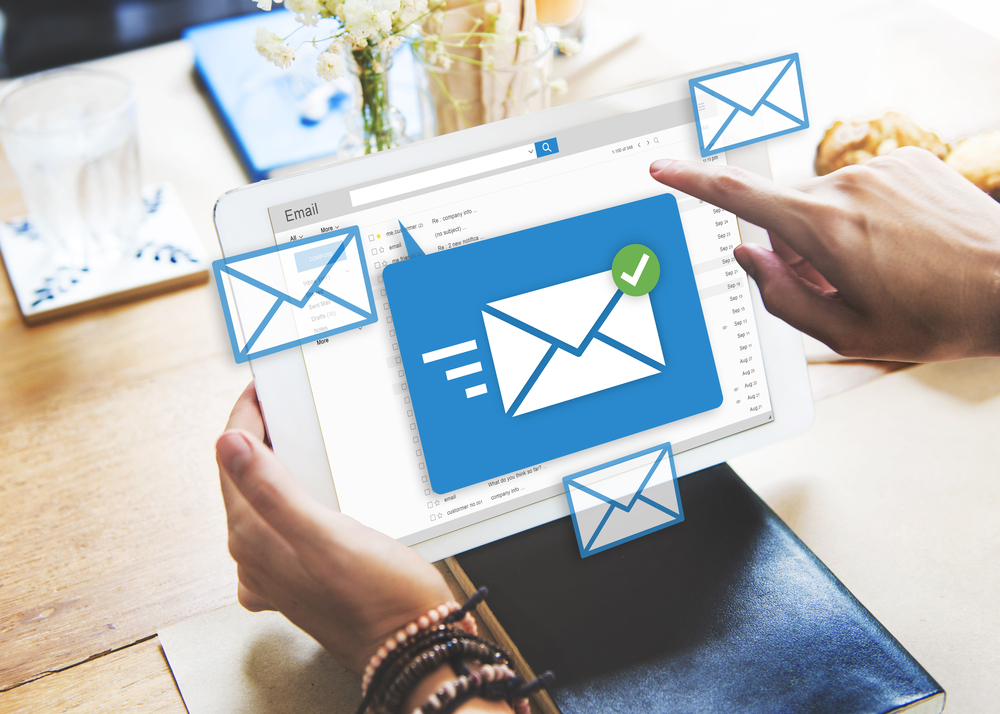
What are some of the indicators of a successful candidate experience? Consistent communication that focuses on quality, is one. In a study that looked at the recruiter-candidate experience, it was found that 47% of the talent who were surveyed said that “great communication, including prompt feedback and follow-ups” made for a positive candidate experience.
While it’s easier to use methods like phone calls, text apps, or in-person meetings to keep in contact with candidates – especially those you’re interested in – there’s also emails to consider. But, there’s an art to using email, especially if you want to come across as clear and concise; there’s nothing worse than a recruiter blasting out emails which are long-winded and irrelevant.
In fact, a survey found that a large number of jobseekers would be more willing to take positive action if they had a clear and consistent hiring process – 80% would apply to the company again, 78% would accept the job offer, while 60% would tell others to apply to the company. Using templates ensures that all candidates receive the same information, and are treated in a consistent manner, which can help build a positive candidate experience and improve the reputation of the company.
That’s why we've assembled a list of the 25 most popular email templates for you to refer and use, so that you can continue to consistently reach out to top talent, keeping you ahead of your competitors.
By following these tips, recruiters can quickly write clear and concise emails that not only effectively communicate the message, it’ll encourage the candidate to take action.
A clear and descriptive subject line will help the email stand out in the candidate's inbox and give them a quick understanding of what the email is about. This is particularly important in a busy inbox, as it can help ensure the candidate opens and reads the email. The subject line should be short, to the point, and accurately reflect the content of the email.
Personalising the email by using the candidate's name and mentioning specific details about their background or qualifications shows that you have taken the time to review their information and make a personalised connection. This can help establish a positive relationship with the candidate and improve their impression of the company.

A lengthy introduction or elaborate explanation is unlikely to hold the candidate's attention, so it's important to get straight to the purpose of the email. State the main message and the desired outcome clearly and concisely, using simple and easy-to-understand language.
Explain why the candidate should be interested in the opportunity and what sets your company apart from others. This could include details about company culture, benefits, or opportunities for growth and development. Highlighting the benefits can help motivate the candidate to take action and show interest in the opportunity.
Let the candidate know what the next steps are and what you expect from them. This could be scheduling a call, sending over additional information, or completing an application. By including a clear call-to-action, you can help the candidate understand what is expected of them and make it easier for them to take action.
Before sending the email, take the time to double-check for grammatical errors, spelling mistakes, and clarity. A well-written and professional email will help establish a positive first impression and maintain a level of professionalism throughout the recruitment process.
Use a professional tone throughout the email to maintain a level of professionalism, but it’s best to also remain approachable in order to establish a positive first impression. This can include avoiding overly casual language, abbreviations, and emoticons. A professional tone can help communicate the level of importance the company places on the recruitment process and the opportunity being offered.

Using email templates can save recruiters a significant amount of time. The average professional spends more than 5 hours of their work day reading and answering emails, according to a survey by Adobe. By using templates, recruiters can reduce the time spent crafting each individual email, allowing them to focus on other tasks and increase their overall productivity.
Consistent messaging and tone can help create a more positive candidate experience. Research has shown that a whopping amount of job seekers (81%) prefer employers who have a clear and consistent communication process, as it would greatly improve their overall experience as well as allow them to have a more positive view of the company. Using templates ensures that all candidates receive the same information and are treated in a consistent manner, which can help build a positive candidate experience and improve the reputation of the company.
As the number of candidates being considered increases, it becomes more difficult to manage the volume of emails being sent. Templates can help automate the recruitment process, enabling recruiters to handle a larger volume of candidates more efficiently. This can be particularly important for companies that are growing rapidly or that have a high volume of recruitment needs.
Email templates can be tailored to fit the specific needs of each role or company. For example, a template for a technical role might include information about the specific technology stack the company is using, while a template for a sales role might include information about the company's sales process. By customising templates, recruiters can ensure that the right information is being communicated to the candidate and that the recruitment process is tailored to the specific needs of the company.
The candidate experience is important, and that’s not only because 65% of candidates say a bad interview experience makes them lose interest in the job. It’s also a major component of employer branding: How companies treat their employees can define their brand and reputation for years to come. Who wouldn't want to streamline the entire recruitment process so that it not only saves time and ensures the company's brand consistency, it also improves the candidate experience and minimises disruption? They're so easy for anyone from companies of all sizes to adopt, so it's time for recruiters to start using email templates and enjoy these benefits!